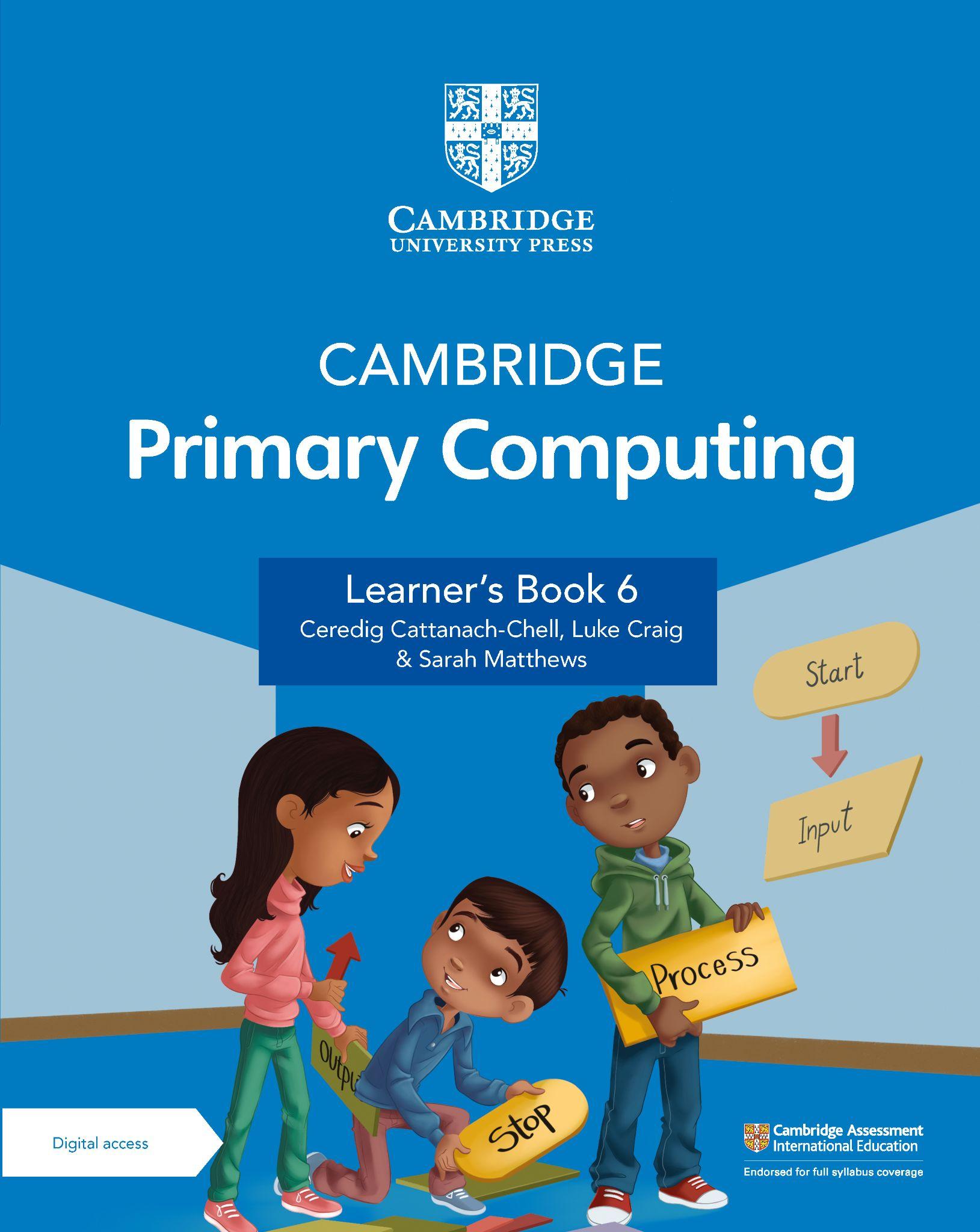Teaching tips for Primary and Lower Secondary Computing



Building Brighter Futures Together
Cat Lamin
Who am I?

● Former primary school teacher - 11 years classroom experience

● CAS MasterTeacher
● Raspberry Pi Certified Educator

● Google Certified Innovator, Coach andTrainer
● Author of Stage 4-6Teacher Resource Books
● Certified geek
Building Brighter Futures Together
Agenda
● Understanding computing

● Blended learning
● Supporting ESLlearners

● Common misconceptions
● Digital literacy and online safety
● Example activity

Building Brighter Futures Together
Poll
Which stages of Primary and Lower Secondary Computing do you teach?



Building Brighter Futures Together
Understanding Computing


Why teach Computing?
Split into four strands:
● Computational thinking and programming


● Managing Data
● Networks and Digital Communications
● Computer systems
Building Brighter Futures Together
Which of the four strands are you least confident teaching?



Building Brighter Futures Together
Poll
Blended learning

Plugged and unplugged activities
Opportunities to familiarise learners with subject specific language by completing a physical activity.
Examples include:
● Navigating a maze to understand how algorithms are used in programming
● Planning a dance routine to understand sub-routines
● Creating a paper map of the school’s network to understand how networks work
● Understanding written ciphers and how they link security and password protection

Building Brighter Futures Together
Supporting English as a Second Language (ESL) Learners


Scheme of work includes clear language goals at each stage.
Activities are created with ESLlearners in mind using simple language and explaining technical language using glossaries.
Activities include opportunities for speaking and listening activities as well as frequent vocabulary reviews.

Building Brighter Futures Together
Specific software and tools
Stage 1-3
● ScratchJr (Stages 1-2)
● Scratch (Stage 3)
● micro:bit
● BeeBots
● Google Forms

● Microsoft Excel
Building Brighter Futures Together




Specific software and tools
Stage 4-6
● Scratch
● micro:bit
● Google Forms

● Microsoft Excel
● EduBlocks (stage 6 only)



Building Brighter Futures Together

Specific software and tools



Stage 7-9
● Python (IDLE, PyCharm)
● MicrosoftAccess
● Microsoft Excel
● micro:bit
Building Brighter Futures Together

Common Misconceptions


Every topic begins by suggesting common misconceptions and ways to identify and support learners with them.


Building Brighter Futures Together
Digital Literacy and Online Safety

● The digital literacy framework covers online safety.

● There are many opportunities to demonstrate digital literacy skills in lessons such as using digital graphic design tools and word processing tools.
● Guidance on keeping safe online is provided as part of many lessons, for example, learners are taught about the importance of using passwords and how digital encryption works as part of the networks and digital communications topic.

Building Brighter Futures Together
ExampleActivities


Topic 1.3

Building Brighter Futures Together
StarterActivity

Activity includes clear links to learning intentions or appropriate prior learning.
Materials are provided as digital and physical resources for teachers to use.


Next steps for supporting learners unfamiliar with the topic and challenge for those who are confident are included.

Building
Brighter Futures Together
Main Teaching Idea



Some teaching ideas refer to activities in the Learner’s Book, while others are unique. Where appropriate, includes references to relevant sections of the Learner’s Book for example, to define iteration. Includes clear support and challenge activities.



Building Brighter Futures Together
Plenary & Homework Idea



Plenary ideas include reflection, vocabulary review and activities explicitly relating to content


Homework ideas are often unplugged or involve discussions with parents/caregivers to encourage learners to share their understanding.

Building Brighter Futures Together
Any questions?



Building Brighter Futures Together









































